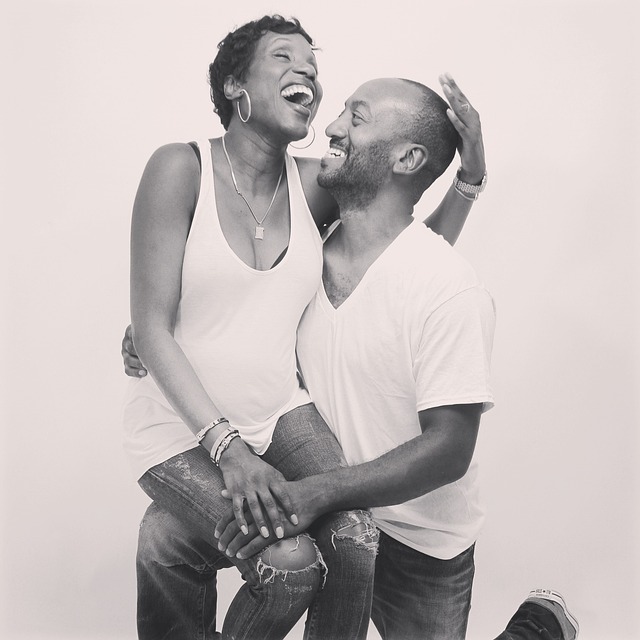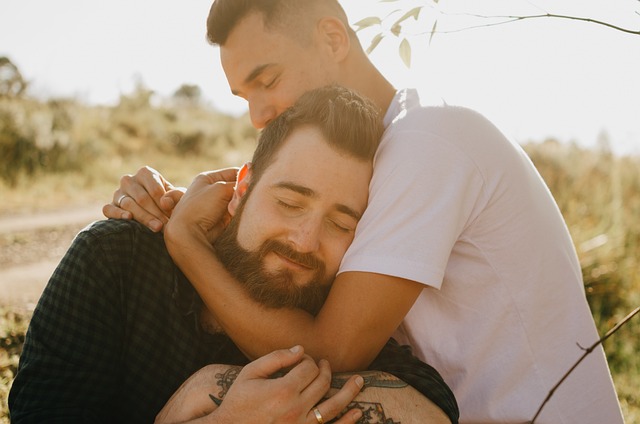In today’s world, where loneliness feels like it’s running rampant, and reality TV is saturated with sex-fueled dating shows, one wonders: how “conscious” are our relationships these days? Long gone are the days of chaperoned courtships, and yet, it feels as if the commitment to a genuine connection is just as fleeting as a swipe on a dating app.
What Is a Conscious Relationship?
At its heart, a conscious relationship is about awareness. Not just of the other person, but of ourselves within the relationship. Many modern relationships seem to serve as mirrors, reflecting back our unresolved issues rather than fulfilling our deepest needs. Rather than avoiding our own baggage, a conscious relationship invites us to acknowledge and heal it. It’s about choosing connection over mere convenience.
The Art of Conscious Lovemaking
Let’s address something a little spicier, shall we? Conscious lovemaking. Far from the frantic pace of “quick fixes,” conscious intimacy can be a gateway to something far deeper. When approached with mindfulness, intimacy becomes less of a physical act and more of a sacred exchange, a dance that nurtures both partners’ creativity, spirituality, and connection. Imagine if we brought true intention to these moments rather than using them to fill a void.
Steps to Cultivating a Conscious Relationship
Cultivating a conscious relationship requires more than just good intentions. It’s about commitment to self-awareness, open communication, and growth. Here are some practical steps to consider:
1. Build Self-Awareness
- Practice Mindfulness: Daily practices like meditation or yoga can help you stay present and tune in to your emotional state.
- Reflect on Past Patterns: Notice any recurring dynamics from previous relationships that you’d rather not repeat. A little honest reflection goes a long way.
- Clarify Your Values: Get clear on what you stand for, what you need, and where your boundaries lie. Knowing yourself allows for healthier interactions.
2. Prioritise Open Communication

- Express Yourself: Speak openly about your feelings and needs, without fear of judgment. It’s about building trust through honesty.
- Practice Active Listening: Make an effort to truly hear your partner, rather than just waiting for your turn to speak. It’s amazing what can happen when someone feels genuinely heard.
- Use “I” Statements: Rather than pointing fingers, share your feelings with “I” statements, such as, “I feel hurt when…” This keeps communication gentle and non-accusatory.
3. Deepen Emotional Intimacy
- Embrace Vulnerability: Share not just the polished parts of yourself but also your fears, dreams, and insecurities. Vulnerability fosters connection.
- Practice Empathy: Try to understand your partner’s experiences and emotions. A little empathy goes a long way toward building closeness.
- Create Quality Moments: Make time for meaningful experiences together, whether it’s cooking a meal or sharing a hobby. Quality time helps keep the connection alive.
4. Embrace Growth Together
- Support Each Other’s Growth: Encourage your partner’s development and be open to shifts within the relationship.
- Adapt and Evolve: Be willing to change along with your partner. After all, a truly conscious relationship allows both people the freedom to grow.
- Keep Checking In: Every so often, revisit where you are as a couple. Talk about what’s working and what might need a bit of a polish.
5. Cultivate Gratitude
- Acknowledge the Good: Regularly let your partner know you appreciate them, whether it’s for their laugh, their kindness, or their ability to put up with your bad dance moves.
- Celebrate Milestones: Recognising achievements, big or small, builds a sense of shared accomplishment.
- Focus on Positivity: During rocky patches, try to remember why you’re together in the first place. A little positivity helps smooth over the rough bits.
6. Handle Conflicts with Care
- Don’t Let Issues Linger: Address problems as they arise, rather than sweeping them under the rug.
- Look for Solutions, Not Faults: Approach disagreements with a problem-solving mindset, aiming to find common ground.
- Forgive and Move Forward: Forgiveness is essential. Holding on to grudges will only cloud the relationship.
7. Honour Mutual Respect and Equality
- Respect Boundaries: Recognise each other’s need for space and independence. Respect underpins any healthy relationship.
- Maintain Equality: Make sure both voices are heard and that effort feels balanced on both sides.
- Celebrate Individuality: A conscious relationship values two whole individuals coming together, rather than seeking “completion” in the other person.
The Myth of “The One”

Ah, the classic tale – finding “The One.” After years of rom-coms and fairy tales, it’s tempting to cling to this ideal. But a conscious relationship teaches us that while we don’t need another person to feel whole, finding someone who truly “sees” us is one of life’s rare gifts. So, while we work on our own healing and growth, let’s keep our hearts open to that possibility.
Weighing Up the Pros and Cons
Cultivating a conscious relationship can be deeply rewarding, though it comes with its own set of challenges. Here’s a quick peek at both sides:
Pros
- Deeper Connection: You’ll likely experience a level of intimacy and trust that feels profound and authentic.
- Self-Growth: Conscious relationships encourage both partners to become more self-aware and to support each other’s growth.
- Increased Resilience: By handling conflicts constructively, you build a relationship that’s capable of withstanding life’s inevitable ups and downs.
Cons
- Emotional Effort: This kind of relationship requires an ongoing commitment to self-reflection and emotional labour.
- Vulnerability: Opening up fully can be daunting, especially if past relationships have left scars.
- Time Investment: A conscious relationship demands time and energy – both in individual self-care and in nurturing the relationship itself.
Are We Ready for Conscious Love?
So, are we truly ready to open ourselves to conscious love? Can we be brave enough to let go of old patterns, embrace vulnerability, and give someone the freedom to grow alongside us? Conscious relationships don’t promise “forever,” but they offer something even more precious – the ability to be fully present in the now, with all its joy and uncertainty.
Perhaps the question isn’t whether we’re ready, but whether we’re willing to step into this adventure with our eyes and hearts wide open.
Final Thought: Could You Embrace a Conscious Relationship?
Now, over to you – what does conscious love look like to you? Are you ready to dive into a relationship that prioritises growth, authenticity, and true connection? Share your thoughts in the comments – who knows, maybe someone else is asking the same questions as you!



